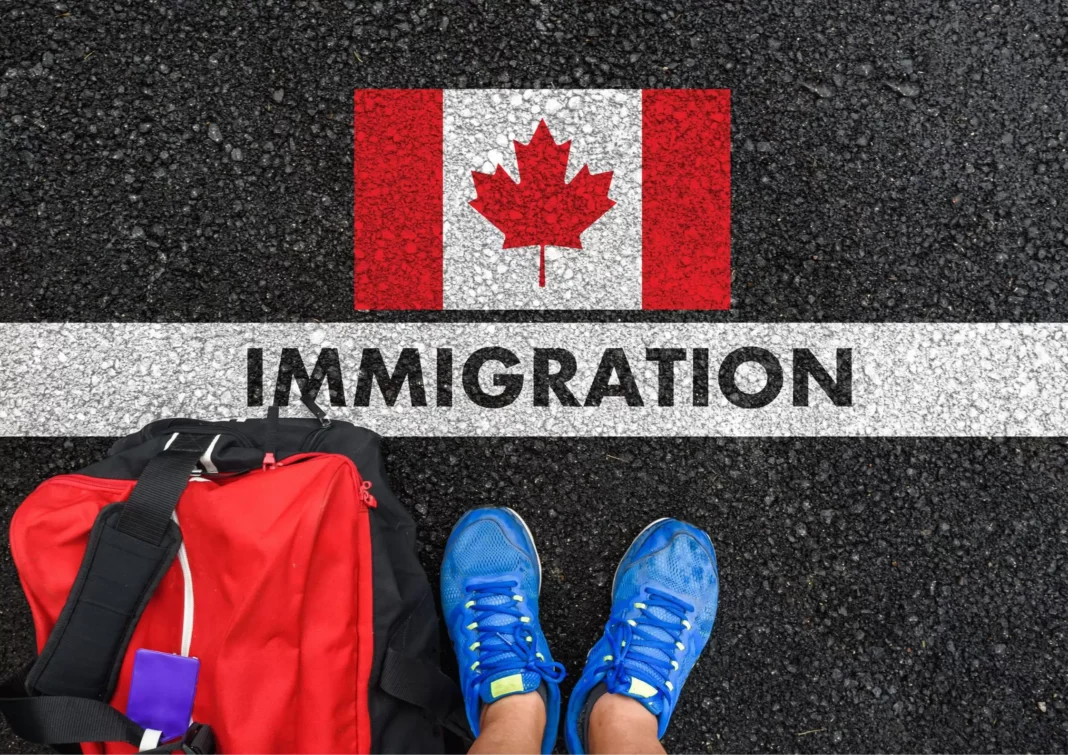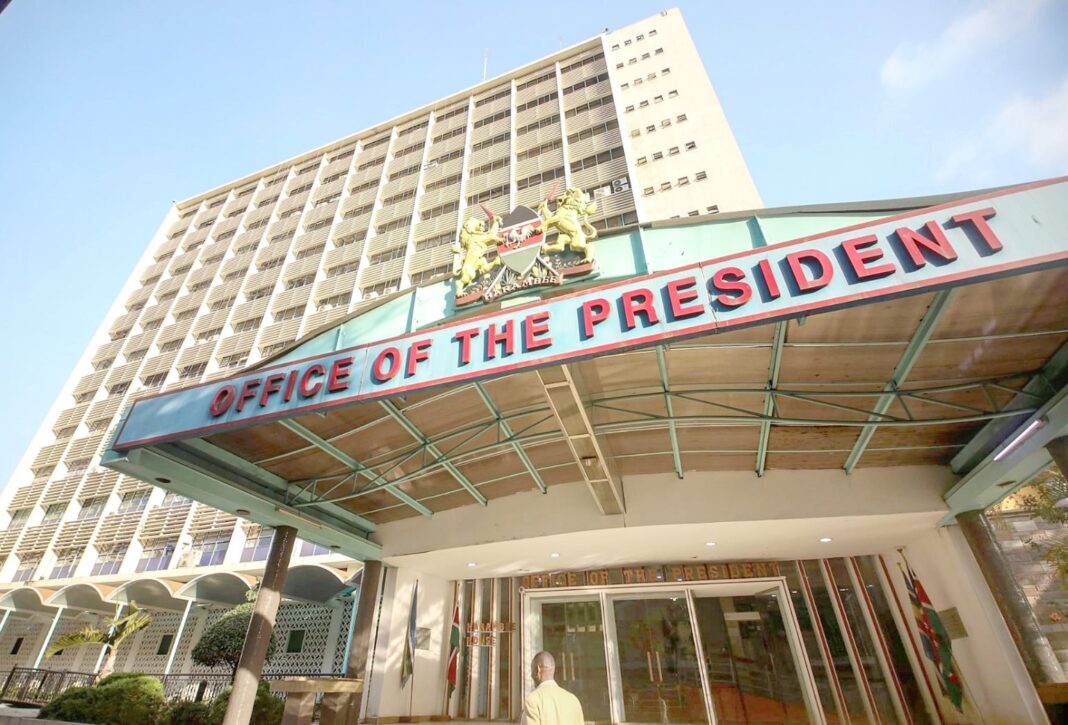Reverend Rosalind Wanyeki came to Canada with her two children after escaping threats from a powerful church figure in Kenya. But now, after five years of serving Toronto’s Kenyan diaspora, the Canadian government wants her out.
Her community, fellow clergy, and human rights advocates are fighting to stop her deportation, warning that sending her back would not only endanger her life but also deprive many of a trusted spiritual leader.

Deportation From Canada Sparks Outcry Over Pastor’s Fate
Reverend Rosalind Wanyeki’s story is more than just a legal case. It’s a test of Canada’s commitment to protecting those who flee persecution, and it’s sparking outrage among Toronto’s Kenyan diaspora.
Wanyeki fled Kenya after facing threats from a high-ranking religious leader. She brought with her two young children—just four years and eight months old—seeking safety and stability. Since her arrival, she has built a life in Canada. She leads a church, runs a business, and supports over 1,000 Kenyan immigrants with spiritual and emotional guidance.
Yet, despite this record, she’s set to be deported on August 7.
“I was already established; I had the church, and I had my own business. I have my two kids. I would not have come all this way if I had other options,” Wanyeki told Canadian outlet City News. “Asking me to go back is as good as telling me to die.”
Her deportation order has ignited a wave of resistance from local faith leaders and migrant advocacy groups. They say Canada is failing to live up to its promises, and that the deportation system punishes people who have played a positive role in society.
Community Leaders Rally Behind Reverend Wanyeki
In Toronto’s Kenyan community, Reverend Wanyeki is more than a church leader—she’s a lifeline.
“Within our Kenyan community, we rely heavily on clergy like Reverend Rosalind for counselling and mental support,” said Reverend John Munywoki, a fellow pastor. “Her removal would tear apart a lifeline many depend on.”
Local faith leaders warn that her deportation will leave a deep hole in the support system for new immigrants trying to adjust to life in Canada. Many of her followers are single mothers, students, and recent arrivals dealing with homesickness, cultural barriers, and financial stress. Wanyeki has offered more than sermons—she’s helped people find jobs, escape abusive situations, and regain their sense of purpose.
A petition to stop her removal has already gained traction online. The outpouring of support is not just emotional—it reflects her deep ties to a community that sees her as essential.
But despite the clear backing, her fate remains uncertain.
Legal Loopholes, Broken Promises, and a Dangerous Precedent
Reverend Wanyeki’s deportation is not just a tragedy—it’s a symptom of a larger failure in Canada’s immigration system.
In 2021, the Canadian government pledged to regularise the status of undocumented migrants who contribute to society. That promise remains unfulfilled. Advocates from the Migrant Workers Alliance for Change are demanding action.
“Reverend Wanyeki’s case shows how broken the system is,” said one advocate. “We talk about compassion, about supporting migrants who work and build communities here. But when it comes time to act, the government looks away.”
While her appeal for permanent residency and a risk assessment is still pending, there’s a real fear that deportation could happen before a final ruling. That would effectively deny her a full legal process—and possibly send her back into harm’s way.
The Canadian immigration system allows deportation even when appeals are unresolved. This loophole can destroy lives, especially for people like Wanyeki who face documented threats in their home country.
The Kenyan government has yet to comment on the matter. But for many watching the case, this is more than a bureaucratic blunder. It’s a test of values.
Deportation From Canada Undermines Human Rights and Safety
Reverend Wanyeki’s story mirrors similar fears across North America, where deportation systems often move faster than the courts.
South of the border, Kenyans living in the United States face rising uncertainty. A controversial policy from former President Donald Trump’s administration aimed to speed up deportation of migrants with pending asylum claims. Thousands of cases are still in limbo, and sudden removal remains a real threat.
If Wanyeki is sent back to Kenya, she faces possible retaliation from the same high-ranking church official who drove her to flee. This is not speculation—it’s the core reason she sought asylum in the first place.
Sending her back would expose her to physical danger and force her two children—both born or raised in Canada—into an unstable and hostile environment.
For now, the community that loves and relies on her is pleading with Canada’s immigration officials to hit pause. Let the courts rule. Let the promise of protecting refugees mean something.
Because if Reverend Wanyeki is deported, it won’t just be a failure of one case. It will be a stain on Canada’s reputation as a safe haven for those fleeing persecution.


